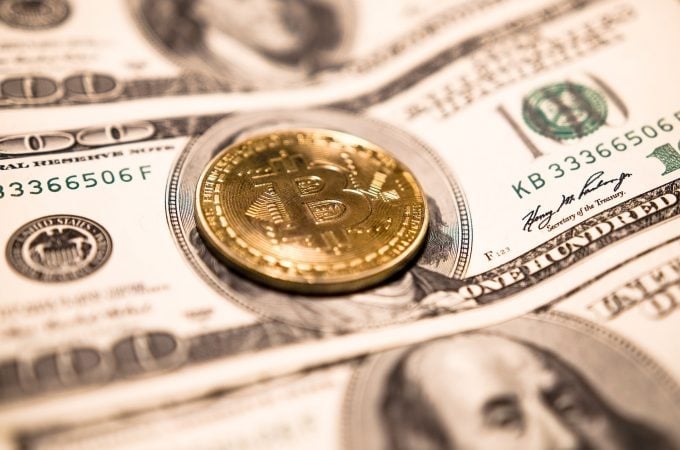Japan is ready to turn the page on regulatory caution and fully embrace the digital economy. Following the election of the new Prime Minister, the ambition to boost the crypto sector and “refine” blockchain regulations has become a priority. This change of tone could have a significant impact on the governance and perception of digital assets throughout the archipelago.
A wind of change for the crypto sector
Takaichi’s election was greeted with clear optimism by the Japanese technology and financial community. The Nikkei index surged to a new all-time high, demonstrating that markets anticipate a bolder economic policy.
Experts agree that the new administration could strengthen Japan’s commitment to greater legal certainty in the crypto space. The goal is clear: to transform the country into an attractive innovation hub, capable of competing with jurisdictions deemed more “crypto-friendly” such as Singapore or Hong Kong.
Refine regulation, not stifle it
Historically, Japan has been both a pioneer (early recognition of Bitcoin as a means of payment) and very strict (heavy taxation and tight regulation following scandals like Mt. Gox). Today, the approach seems to be shifting toward intelligent, non-punitive oversight.
This involves refining existing rules, focusing in particular on:
- Tax relief: Japan had already begun to relax the punitive tax system that imposed high rates on unrealised capital gains for companies. The new administration could accelerate tax simplification for Web3 investors and companies.
- Digital sovereignty: By supporting this sector, Japan seeks to ensure that its own players lead innovation, rather than seeing talent and capital migrate abroad.
This policy push recognises the critical role Web3 and blockchain can play in solving social issues and revitalising the content industry, a key sector for Japan. By aligning technological ambition and regulatory framework, the country hopes to transform crypto from a speculative asset to a true driver of economic growth.









